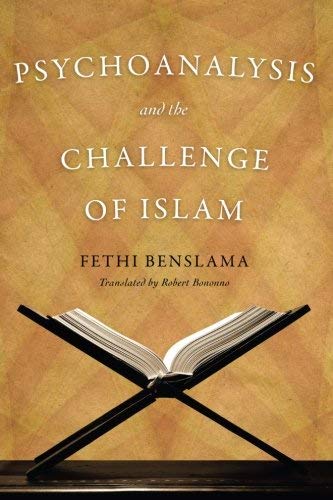What do you think?
Rate this book


"Fethi Benslama is a psychoanalyst who, although a secular thinker, identifies himself as a person of Muslim culture who rejects ready-made explanations for Islamic fundamentalism. In that spirit, Benslama demythifies both Islam and Western ideas of the religion by addressing the psychoanalytic root causes of the Muslim world's clash with modernity and subsequent turn to fundamentalism." Tracing this ideological strain to its origins, Benslama shows that contemporary Islam consists of a fairly recent hybridization of Arab nationalism, theocracy, and an attempt (both naive and deadly) to ground science in faith. Combining textual analysis and Lacanian and Freudian psychoanalysis, he examines Islam's foundation, providing fresh readings of the book of Genesis, the Koran, The Arabian Nights, and the work of medieval Islamic philosophers.
Paperback
First published September 6, 2002

"In Moses and Monotheism in the Chapter titled "Difficulties" Freud confronts Islam. After excusing himself for his limited knowledge of the subject, he immediately eliminates it from his study. But in a short passage at the beginning of the chapter he provides a quick interpretation of the founding of Islam and the reason for its expansion."